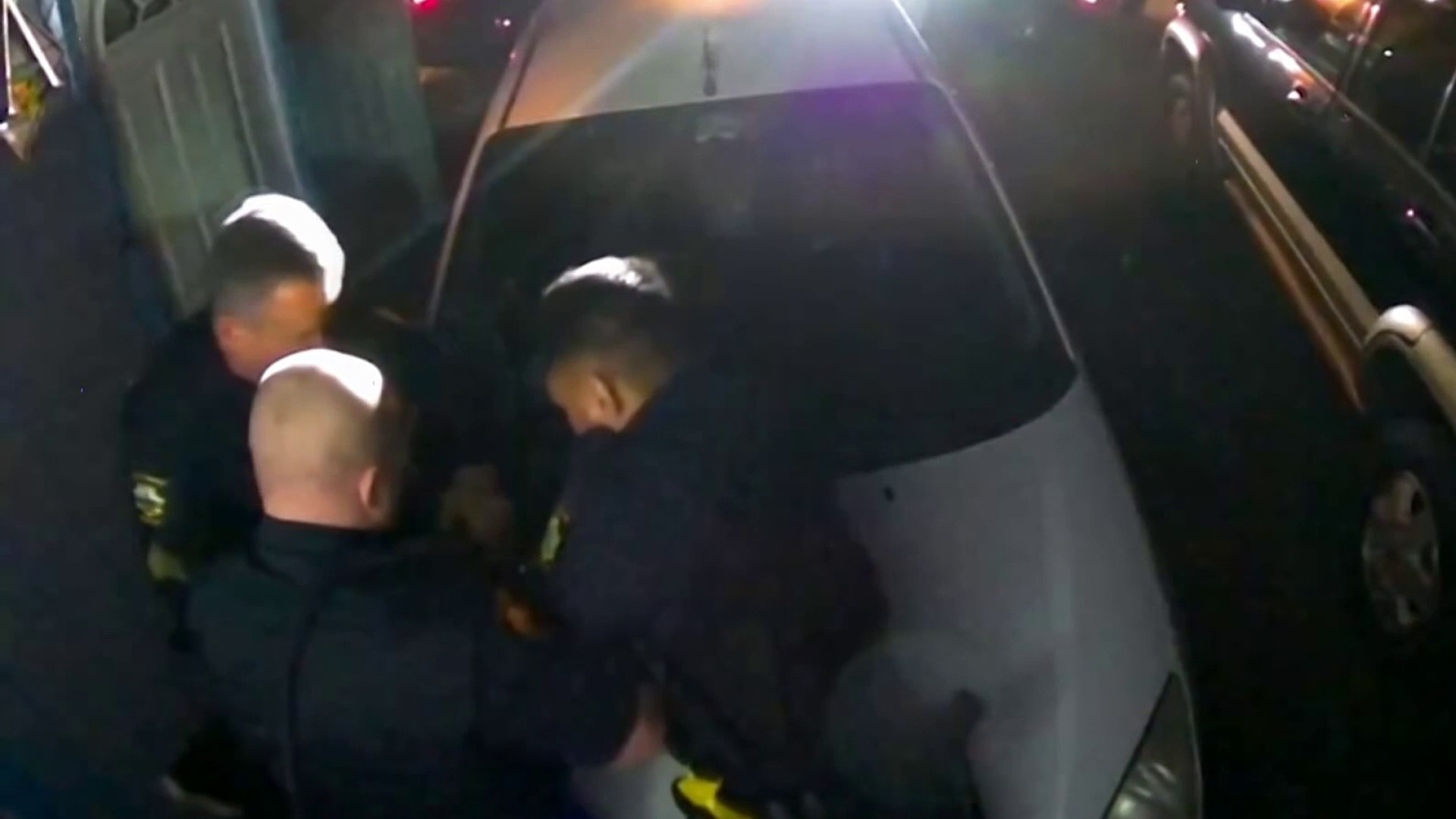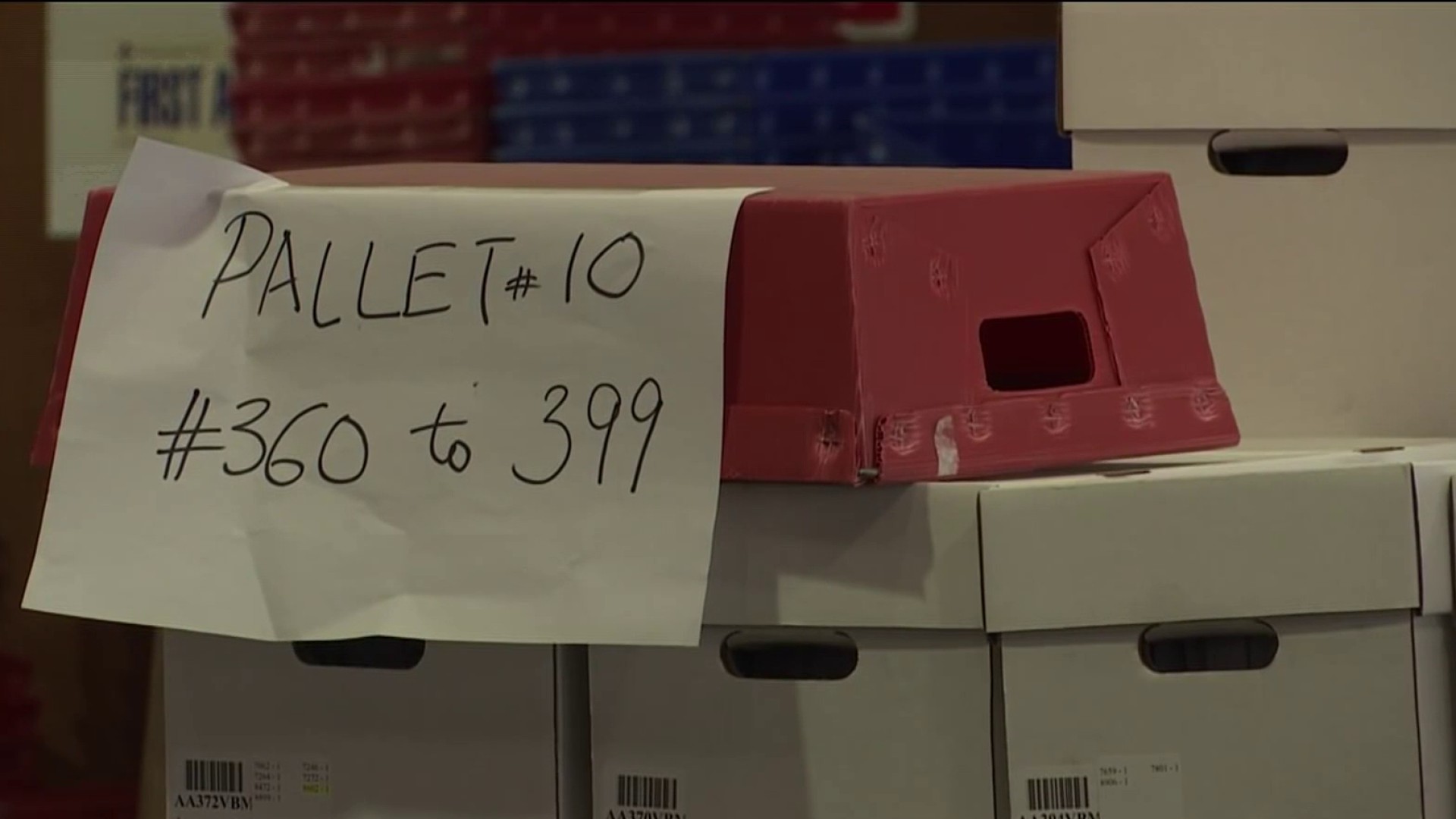Normal 0 false false false EN-US X-NONE X-NONE /* Style Definitions */ table.MsoNormalTable {mso-style-name:"Table Normal"; mso-tstyle-rowband-size:0; mso-tstyle-colband-size:0; mso-style-noshow:yes; mso-style-priority:99; mso-style-parent:""; mso-padding-alt:0in 5.4pt 0in 5.4pt; mso-para-margin-top:0in; mso-para-margin-right:0in; mso-para-margin-bottom:10.0pt; mso-para-margin-left:0in; line-height:115%; mso-pagination:widow-orphan; font-size:11.0pt; font-family:"Calibri","sans-serif"; mso-ascii-font-family:Calibri; mso-ascii-theme-font:minor-latin; mso-hansi-font-family:Calibri; mso-hansi-theme-font:minor-latin; mso-bidi-font-family:"Times New Roman"; mso-bidi-theme-font:minor-bidi;} When a ‘Spare the Air” alert is issued, most people know that means you can’t burn wood or fire logs. If you do, you could be fined. NBC Bay Area found that’s not exactly how it works.
The Bay Area Air Quality Management District asks the public to report those who are burning illegally on Spare the Air days, but NBC Bay Area found even if you call, chances are nobody is going to show up.
South Bay resident Harold Nelson had no idea. “Oh my gosh, that is ridiculous!”
It all began in 2008, when the Air Quality Management District made it illegal to burn during ‘Spare the Air’ alerts. Violators are supposed to get a warning for their first offense and a fine for any that follow. The Air District even created a system so citizens can tell on their neighbors. NBC Bay Area found thousands of people are using the system to file complaints. Just over the Christmas weekend, 400 people called in tips.
South Bay resident Biff Geiser expected action. “If it was something like a fireplace, you need someone to respond fairly soon. Otherwise, it could be gone and you couldn’t prove anything.”
NBC Bay Area looked into what the Air District does with all of those complaints.
Spokesperson Kristine Roselius told us, “We don’t respond to individual complaints. We do patrols based on complaint data and what we get from our inspectors.” Those patrols do not use the information called in by tipsters until the next Spare the Air day is issued.
Local
Here’s what that data has delivered: Since 2008, the Air District has received more than 5,000 complaints. It has issued 623 warnings, and just 12 tickets.
“I would say it’s early in the semester, but we are getting a D so far,” said San Jose State public policy expert Edward Lopez. He says the program doesn’t seem cost effective. The tab for winter ‘Spare the Air’ is more than $1M. It’s spent on things like phone alerts, advertisements, and the cost to mail citations and warnings. “What do they do, send them in gold? That’s a huge amount of money,” said Nelson.
Other communities are doing it differently. In Sacramento, first time violators are fined $50. However, they can skip that fee by taking an online educational course. Last winter, Sacramento officials issued 112 fines. During that same time frame, 59 warning letters were sent out in the Bay Area. Officials in Sacramento say they have 6 inspectors checking out complaints on ‘No-Burn’ days. In the Bay Area, officials claim to have 70 inspectors on the payroll, but say the number dedicated to ‘Spare the Air’ days fluctuates. Considering the number of letters they send out, that’s an average of just two warnings a year per inspector, since the program began.
When questioned about the number of citations being issued, Roselius told us, “We are issuing what comes up.” Adding, “It’s not about sending out tickets and warning letters. It’s about educating the public.” Nelson doesn’t see the point. “Well then, that’s just a waste of time and money.”
Since November, the Air District has received more than 2,600 complaints about people having fires on ‘Spare the Air’ days. However, not a single citation has been issued this winter season. Officials say they are still in the process of investigating ‘potential violations’.
If you have information about this story or something else you think we should look into, send NBC Bay Area Watchdog reporter Jenna Susko an email to Jenna.Susko@NBCuni.com.



